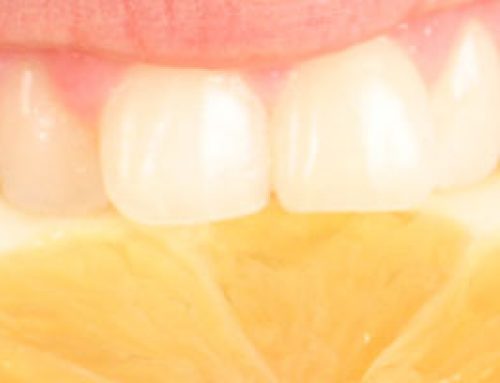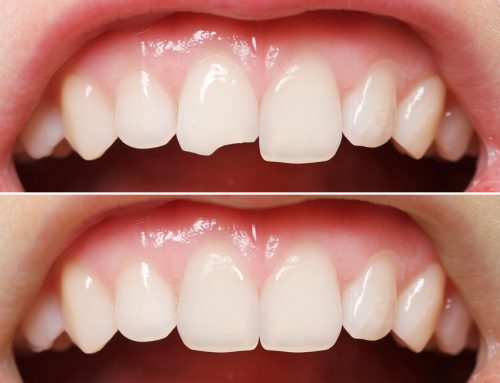As we age, many of us take important steps to ensure continued good health, like exercising, watching our weight, and taking vitamins and supplements. Caring for our teeth should be no exception. Seniors are at a higher risk for dental problems like gum disease and tooth loss. It is important to maintain proper dental hygiene and attend regular visits to the dentist to prevent dental problems, particularly in the senior years. In this blog post, we discuss the dental issues that seniors face, along with what can be done to prevent or treat them. At Downtown Dentist, we offer a range of restorative dentistry procedures to address common dental health concerns. To learn more about dental care for seniors, read on, or contact our Houston, TX practice today.
Oral Health Issues
As you age, you become more susceptible to certain oral health concerns. Most of these can be prevented with diligent hygiene, but you should still monitor your mouth for any potential concerns.
- Gum Disease – Bacteria can build up along our gum line and beneath your gums, causing gum disease. Gum disease can lead to gum recession, which causes discomfort by exposing dental roots. It is also the leading cause of tooth loss in the U.S. adult population, and has been linked to a number of systemic health conditions. Look for gum redness, swelling, tenderness, and bleeding when brushing and flossing.
- Tooth Loss – Tooth loss may result from a number of causes. The most common cause of tooth loss in seniors is gum disease. Decay or trauma may also lead to missing teeth.
- Dry Mouth – As you age, your salivary glands may not be as active, or you may be taking a medication that lists dry mouth as a side effect. Reduced saliva flow creates an ideal environment for dental bacteria, which can lead to gum disease. The dentist may recommend artificial saliva products that come in the form of sprays, lozenges, and gels to help with this condition. Be aware of how often your mouth feels dry, and look for signs of increased cavities or bad breath.
- Dental Erosion – Over the years, general wear and tear may cause your tooth enamel to thin or develop small cracks called crazing. The wearing down of your teeth can even affect your bite and increase your risk for temporomandibular joint (TMJ) disorder. Be aware of any signs of sensitivity when eating hot or cold foods, and if your jaws pop or click, let the dentist know.
Routine hygiene is essential to prevent dental problems. Be sure to brush twice and floss daily. You may also want to use an antibacterial mouthwash to prevent gum disease. Continue to attend regular checkups every six months with the dentist, so he or she can monitor your health. As you age, if you begin to exhibit signs of gum disease, the dentist may recommend more frequent checkups and cleanings.
Restorative Dentistry
Even if you practice excellent oral hygiene, you may still experience enamel discoloration, cavities, cracks, or chips. Restorative procedures will correct these issues.
- Crowns – Dental crowns encase a tooth to repair a severe case of decay or a fracture, and strengthen the tooth’s structure.
- Bridges – Dental bridges are an exceptionally effective solution for missing teeth. A bridge is a prosthetic tooth that is anchored between two crowns. The crowns are placed on the natural teeth on either side of the gap left by the missing tooth.
- Dentures – Dentures are the best solution for multiple missing teeth. Dentures can be used to replace a few teeth or an entire arch. They may be removable for easy cleaning.
Contact Us for a Consultation
If you are a senior looking for excellent dental care, or if you have any questions or concerns about any of these procedures, contact our downtown practice today.






